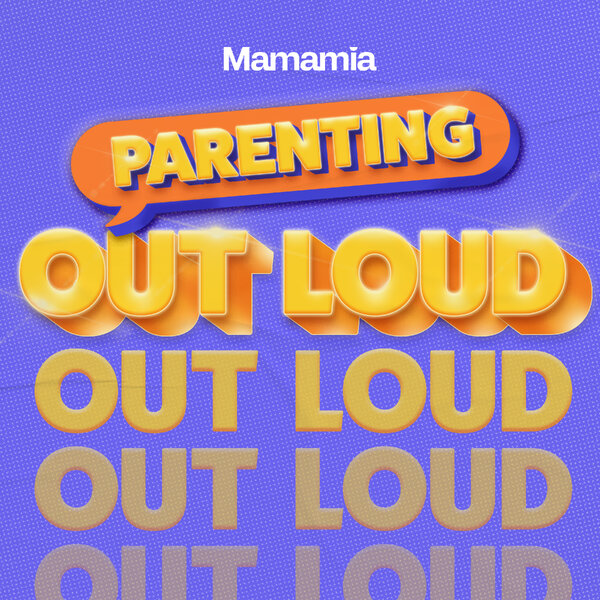Attention Deficity Hyperactivity Disorder (ADHD) has become a buzzword among parenting circles and an easy way to explain any child who is overactive and energetic, or a little bit naughty at school. But when is a child just overactive or energetic or a little bit naughty in a way that is considered “normal” according to how we measure childhood, and when could it be something more sinister?
ADHD affects 3-5 in every 100 children in Australia and is much more common in boys than girls according to The Royal Children’s Hospital Melbourne. It’s not a behavioural disorder, as is commonly believed, they write, but a neurobehavioral disorder, a result of the structure and chemical processes of the brain, specifically in the frontal lobe, the part of the brain that regulates attention and behaviour.
As well as inattention and misbehaviour.
A dad threw a birthday party for all the kids who aren’t normally invited to parties. Article continues…
It’s the part of a child’s brain that won’t fully develop until they’re 25 and until then it is constantly “rewiring”, says Dr. Anna Cohen, a senior clinical psychologist at Kids & Co Clinical Psychology. That’s why it’s important to diagnose childhood anomalies early.
Early intervention is key, she says.
To treat ADHD child psychologists recommend a range of treatment options involving behaviour modification techniques and sometimes, when parents and teachers and psychologists have exhausted these options, a conversation about medication comes into play.

